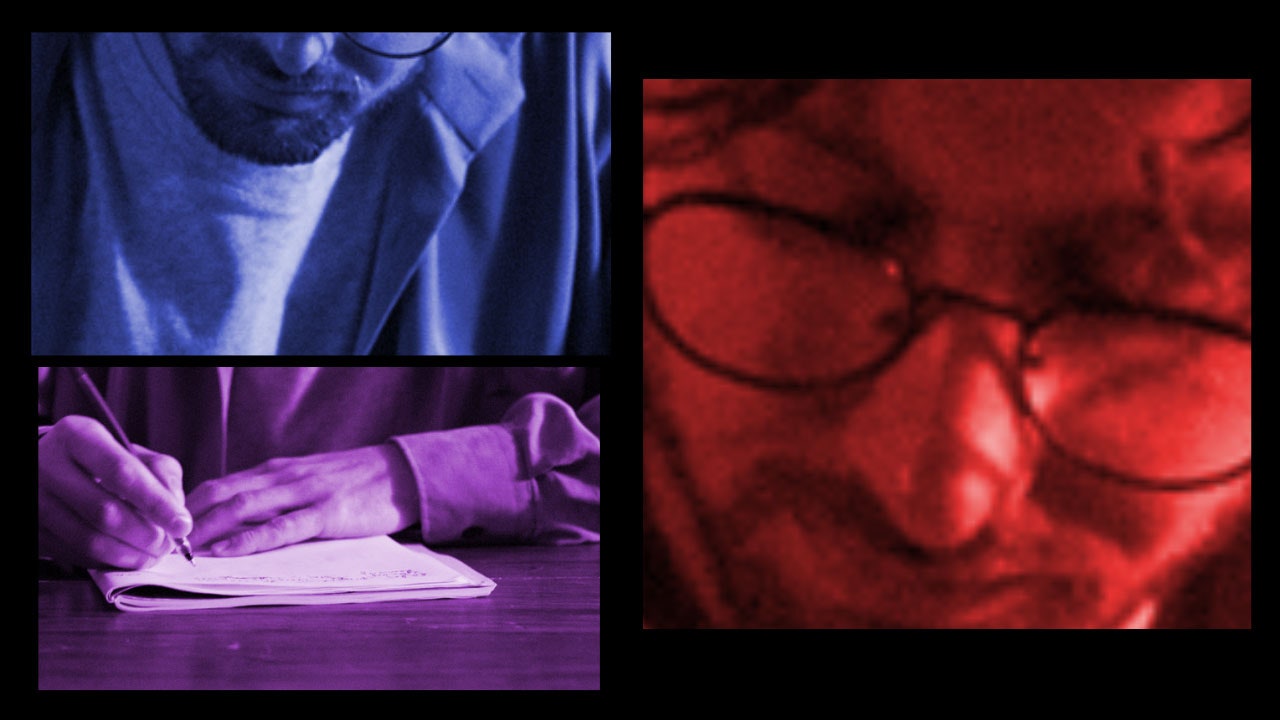All products featured on WIRED are independently selected by our editors. However, we may receive compensation from retailers and/or from purchases of products through these links.
Victoria Aveyard’s eyes avoid the camera when she slams her large white binder on the table, weighed down with a 1,000-page draft of her latest work in progress. The stack is heavy, made clear by her audible sigh as she splits the thick manuscript in half. Fueled with Cherry Lime Poppi and a bowl of grapes, she purposefully jots notes on the pages with every quick camera cut. Aveyard, the New York Times bestselling young adult fantasy author of the Red Queen series, doesn’t say a single word in the video, but her captions on the screen speak volumes. “Using GenAI to write a book doesn’t make you a writer, it makes you a thief,” reads one.
“Don’t use generative-AI to make tropey, regurgitated romantasy sludge that you can then launder through the self-publishing industry in order to backdoor your way into a traditional publishing deal,” Aveyard tells her over 460,000 followers on TikTok in another video posted on May 27. “Authors talk.” Both TikToks garnered over 350,000 views.
Criticism and warnings of Gen-AI authors snagging coveted deals are flooding both Threads and TikTok, with writers and readers sometimes flinging around accusations when they suspect someone is using AI as part of their creative process. Now, Aveyard and other prolific authors are not only calling out people who use AI to write, they’re also posting livestreams and time-lapses of their writing processes to defend themselves against such complaints.
“The r/WritingWithAI subreddit has over 40,000 subscribers and growing. It’s a very depressing thought, to know we may very soon be the minority,” Aveyard tells WIRED. “I don’t think my voice will move the needle much or convince anyone already using generative AI to stop, but I needed to voice my anger with the circumstances.”
The publishing market is expected to grow by $18.9 million between now and 2029, according to market research firm Technavio, partially due to an influx of self-published authors. But with scammy rewrites and digitally fabricated authors entering the market, artificial intelligence has made searching for human-made content more difficult, causing independent authors to combat what some are calling an AI-generated “witch hunt.”
“Sometimes it’s hard to conceptualize the scope and scale of work that goes into writing a book, and showing a physical manuscript really helps that hit home,” Aveyard says when asked about the inspiration behind her 1,000-page editing video. She is a strong critic of AI in publishing, calling it theft of creative intellectual property. “I post regularly on my platforms, and I’m always looking for content that catches the eye as well as emphasizes my work. And getting to emphasize my position on generative AI? An added benefit.” (Aveyard never names any specific indie authors using generative-AI to secure a traditional publishing deal.)
“Do I think authors should post ‘proof’? Not necessarily,” says indie author Ashley Godschild. “Would I like to see more authors post their process and make it clear it’s without AI? Yes. Because I think we need to be loud and clear that it’s not welcome in this industry.”
Godschild, who penned the fantasy novel The Hunter and The Hunted, says she’s been writing since childhood and goes through a lengthy process—plotting her manuscript years before putting pen to paper. A few days after seeing Aveyard’s 1,000-page edit post, Godschild posted a time-lapse of herself writing at her computer, captioning the video, “Watch this time-lapse of me writing a scene in a murder mystery TV show without the use of gen-AI.” The caption also notes that she’s “not a thief” and that “the murderer is so unpredictable not even a machine could figure out who it is.”
Some writers are using the AI controversy to remind people of the very human skills it takes to craft a complex story.
YA indie author Rachel Menard posted a TikTok of herself opening drafts of one of her manuscripts, writing that if she was using AI, “It wouldn’t take me 78 drafts to get it done.”
“Everyone has forgotten what makes a book good, and it’s the work that goes into it,” says Menard, who has penned three books independently. She adds that while AI may be able to “pop out a decent spice scene,” it can’t create a compelling story. “If my characters don’t feel like real people, living real lives, with real problems, then I need to keep working on it.”
Quan Millz, an indie author with over 830,000 TikTok followers and well-known for his jaw-dropping “street lit” titles like Old Thot Next Door and This Hoe Got Roaches in Her Crib, says accusations that he has used AI to write go beyond labeling him as a thief—they underestimate the cultural fluency behind his novels. Prior to revealing his identity on TikTok in 2023, Millz, who is Black, dealt with accusations that he was white and even a rumor that he was a “CIA operative.”
“It’s clear now that you use AI to write all your books. Ain’t no way you’re dropping the books this fast,” one commenter wrote on one of Millz’s posts.
Millz uses AI to make book covers, including for books that are still in the conceptual phase, but says allegations that he also writes with the tool are false.
“There’s no way in hell you’re going to get any of these AI models to really capture the essence of just how Black people talk,” Millz tells WIRED. The author says he has tested using AI for writing and found that the large language models censored his adult scenes and could not reproduce his nuanced tone. “It doesn’t understand that AAVE [African American Vernacular English] is not monolithic … Black people in Chicago don’t sound like Black people in New York.”
While Millz has hosted a couple of TikTok Lives documenting his writing process in real time, he tells WIRED that he won’t be hosting more—even if it helps prove to skeptics that his written work is original.
Constantly checking in with commenters hindered his writing process, he says, and he feels that while having a social presence is crucial in indie publishing, filming your process won’t provide more proof of AI-free work than your work itself—at least not yet. “I really do think that there’s something else transcendent about the human experience, something mystical that we just don’t know about yet, and you can feel that through the arts,” Millz says. “When you read AI text, even if you do a good job of trying to edit it or make it your own, there’s still something amiss.”




